
Evidence to Policy Blogs
Click to read UoS Students and Academics reflecting on their experience of engaging with PPS and policymakers.
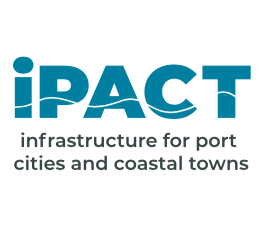

Professor William Powrie, Professor of Geotechnial Engineering at the University of Southampton
Professor Rebecca Lunn, Professor & Head of the Centre for Ground Engineering and Energy Geosciences at the University of Strathclyde
Professor Robert Nicholls, Director of the Tyndall Centre & Professor of Climate Adaptation at University of East Anglia
Professor Leon Cruikshank, Professor of Design and Creative Exchange at Lancaster University
Dr Jasna Mariotti, Senior Lecturer in the School of Natural and Built Environment at Queen's University Belfast
Professor Marie Harder, Fellow Royal Society of the Arts (FRSA) at University of Brighton
Jenny Knight, iPACT Network Manager
Rod Anderson, Rail Centre Coordinator
The infrastructure for Port cities And Coastal Towns network (iPACT) aims to identify people-focused, infrastructure-based solutions to the complex problem of improving social well-being and prosperity in coastal communities through resilient and sustainable regeneration. A key emphasis will be on taking advantage of the coastal location.
The iPACT network is a new, vibrant, multi-disciplinary community of researchers and research users developing affordable, sustainable, evidence-based, people-centric infrastructure systems solutions for improving social well-being and prosperity to level up coastal communities through resilient, net zero regeneration.
Long-lasting, resilient and sustainable transformations in port and coastal cities and towns creating a vibrant, multi-disciplinary research community developing affordable, sustainable, evidence-based, people-centric infrastructure systems solutions improving social well-being and prosperity to level up coastal communities through resilient, Net Zero regeneration.
Despite the potential benefits of a coastal location, many port and coastal towns and cities are run-down, unattractive and underperform in economic and social wellbeing terms. Widespread factors include a poor built environment, derelict industrial and other legacy sites, the decline in traditional tourism and the poor connectivity to the waterfront. Rising sea levels and coastal erosion pose further major challenges. All this demands innovation in rethinking and making our coastal towns and ports more resilient. These issues are common to port and coastal cities and towns all around the UK, transcending simplistic north/south or east/west divisions.
Research will focus on case study sites that exemplify the issues faced by the spectrum of port cities and coastal towns. These are Southampton (the challenges of a working port and lack of public access to the waterfront), Morecambe East (a declining seaside resort with limited local economic opportunities), and North Norfolk (a touristic area of historic communities with an ageing population facing coastal erosion and sea-level rise).
Pilot projects aim to create policy documents and tool kits for local councils and wider policy making stakeholders. To engage with local councils and co-create projects at the 3 case study areas of Southampton, North Norfolk and Morecambe Bay. To develop relevant co-created funding proposals for future UKRI bids relating to the Coast, infrastructure, health & wellbeing and the environment.
Pilot projects will produce journal articles, conference presentations and develop relevant co-created funding proposals for future UKRI bids relating to the Coast, infrastructure, health & wellbeing and the environment.
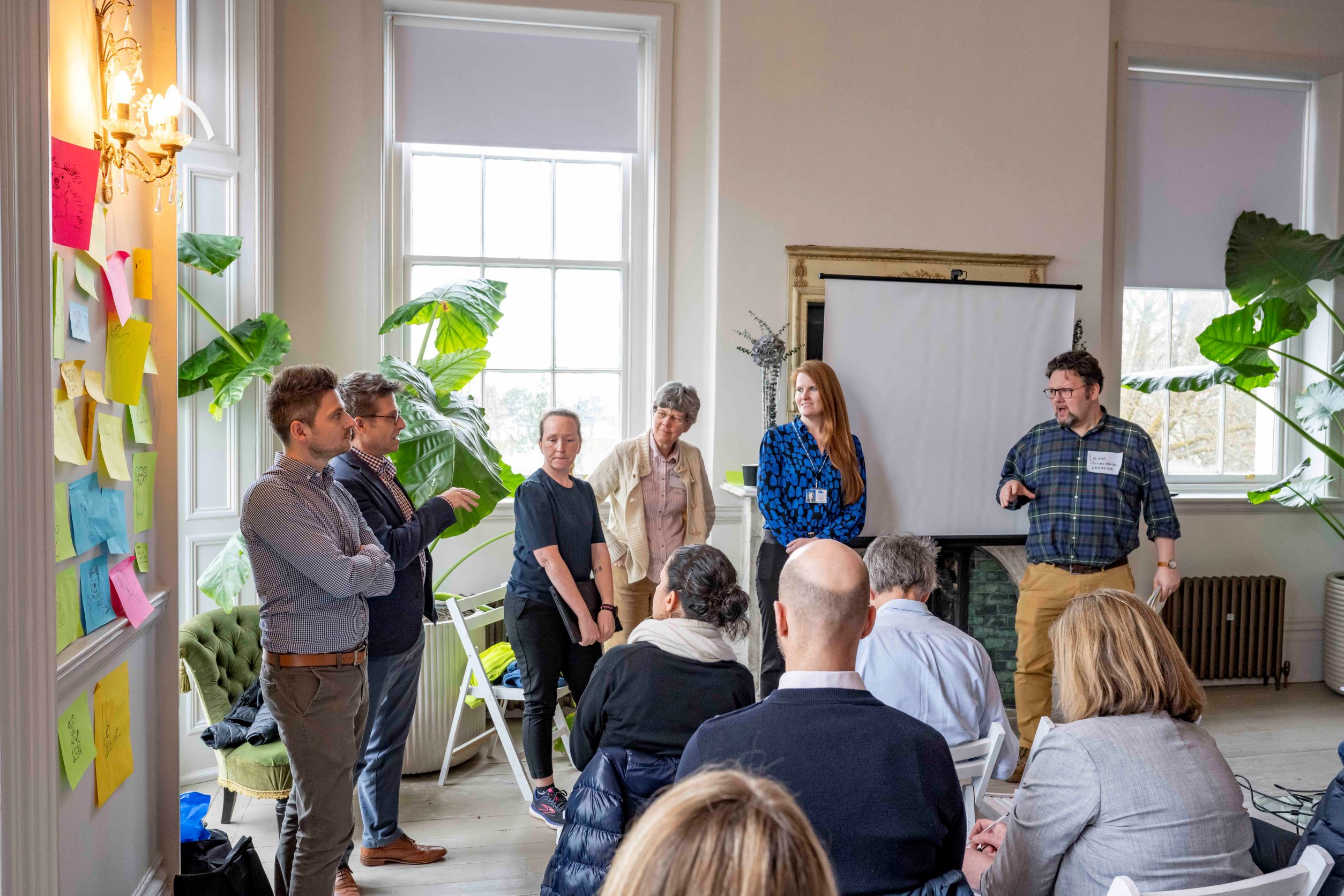
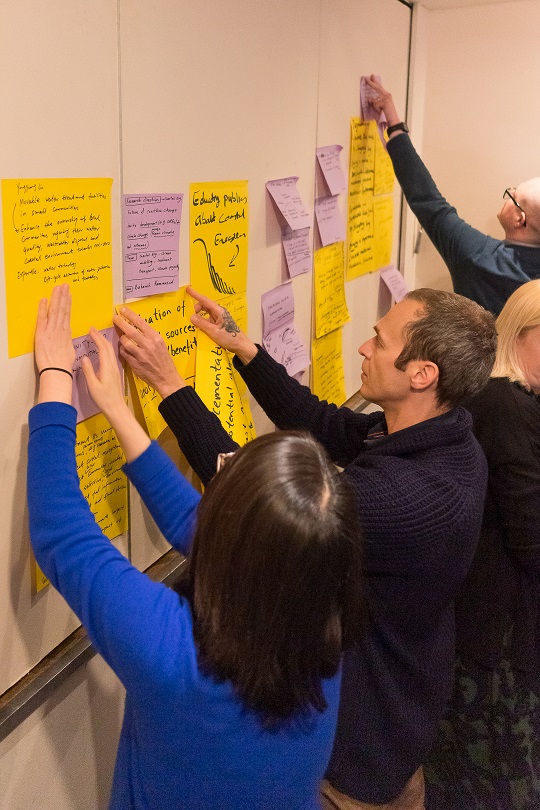
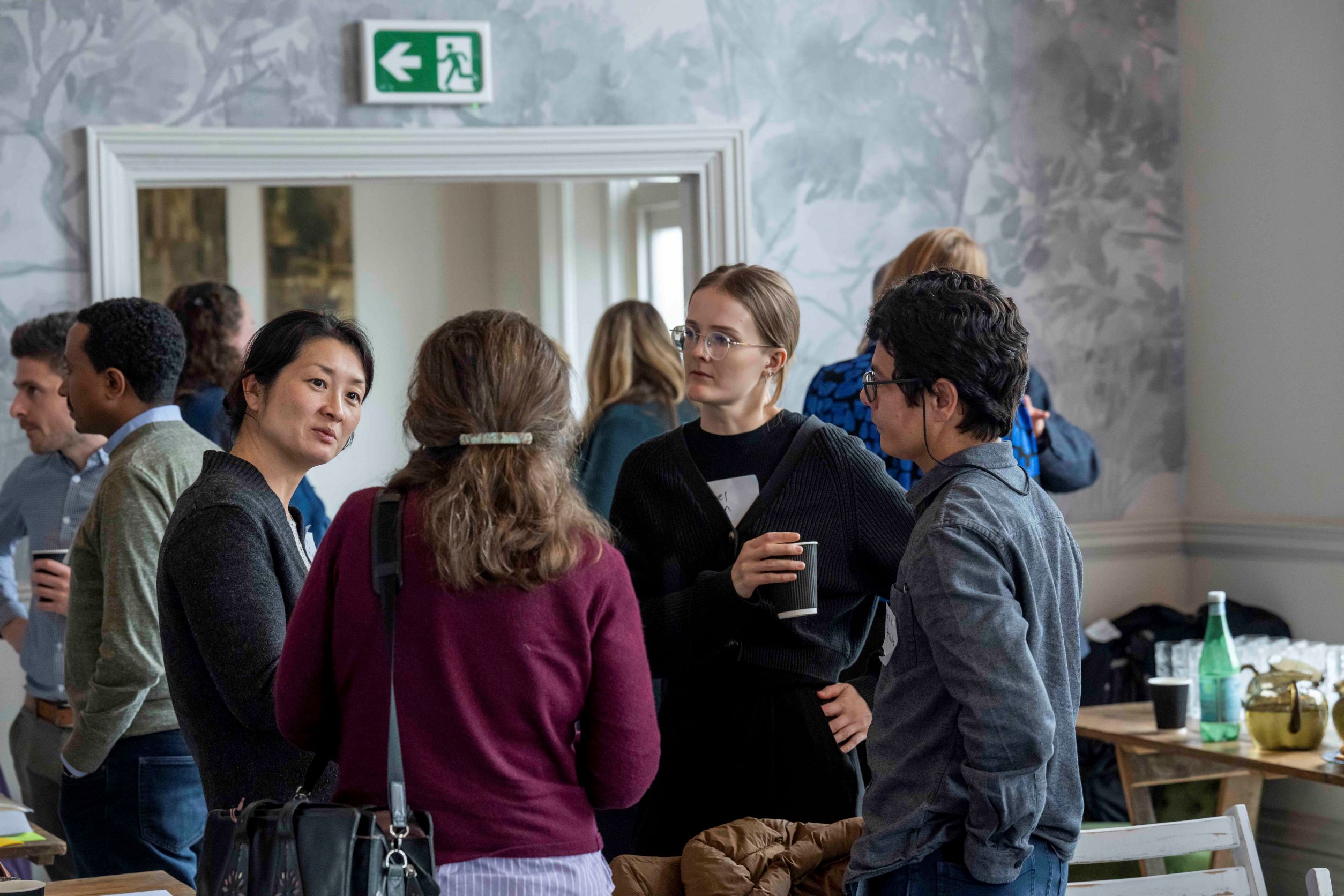

Click to read UoS Students and Academics reflecting on their experience of engaging with PPS and policymakers.

Click here to listen to our Policy Podcast series. In each episode we speak to the UoS researchers and experts, about their experiences in the domestic and foreign policies.
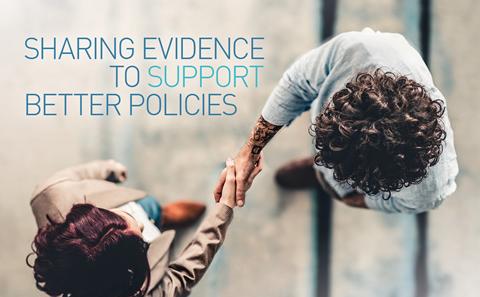
Guidance on the many channels available to researchers to engage with policymakers.

Guidance on things to consider in the science to policy process and useful tips in planning and costing your impact activities.